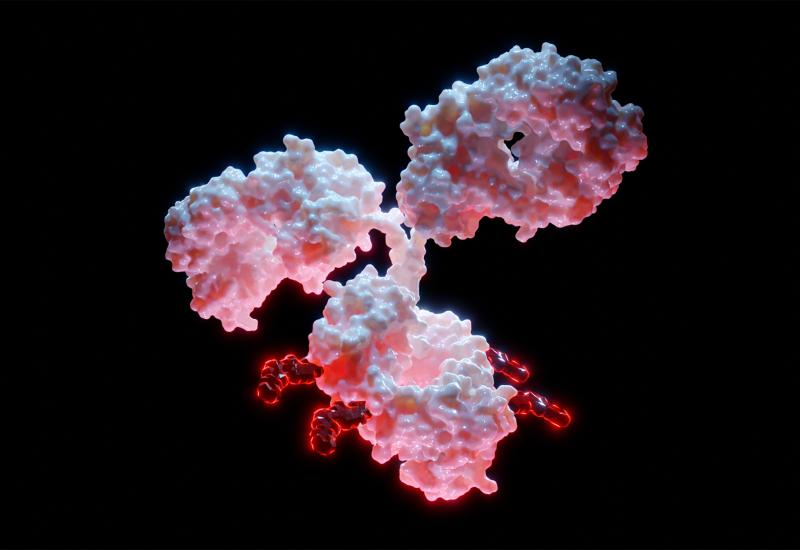
Venture capitalists buy into TROP2
Blackstone follows Abingworth, but why?
Blackstone follows Abingworth, but why?

Looking at two recently struck deals with venture capital firms, some investors might be wondering whether the developers of two TROP2-targeting antibody-drug conjugates, Gilead and Merck & Co, are either losing confidence in these assets or lack the funds to develop them.
While the second suggestion is clearly far-fetched, the first might have some merit, though the extent to which confidence might be shifting is hard to gauge. That said, it’s evident that the VC groups involved, Abingworth and Blackstone, did see potential in the two assets involved, Trodelvy and sacituzumab tirumotecan; and Gilead has already emerged from its tie-up looking smart.
The latest such puzzling arrangement was announced on Tuesday, with Blackstone picking up rights to saci-T from Merck for $700m up front. According to the limited information available, this will go towards funding the Kelun-originated ADC’s trials next year, in return for which Blackstone could receive a royalty on sales in Merck’s territories, contingent on a specific US approval.
An obvious question is why Merck needs a $700m contribution to a programme on which it’s already shelling out billions, and which stands at 15 pivotal trials in 15,000 patients and counting.
However, the big pharma will have modelled its costs versus a risk-adjusted value of the project, and made assumptions around its return on investment. If saci-T is seen as purely a financial instrument, and if Blackstone came along with an offer predicated on a significantly higher valuation, then it’s logical for Merck to have taken it, cutting its own costs while still retaining a meaningful share of the benefit.
Without even knowing the trials involved, let alone the precise royalty, it’s impossible to tell where, and in which possible indications, any valuation disconnect has occurred.
Is it lung cancer?
Not so the strikingly similar, though lower-priced, tie-up that Abingworth struck with Gilead over Trodelvy in February 2024, however. That was said specifically to involve lung cancer – an indication in which the Gilead drug has underwhelmed.
Shortly before that deal was signed Gilead’s Evoke-01 study, testing Trodelvy in second-line NSCLC, failed, but Gilead played up a purported post hoc benefit in a subgroup of patients. Pursuing such a result to regulatory filing thus became a rather riskier prospect than before, and evidently Abingworth decided that, by its calculations, the risk was worth taking.
And in this instance Gilead’s reluctance won against Abingworth’s bullishness: the FDA refused to entertain such a filing, and Gilead abandoned second-line NSCLC as a Trodelvy indication. Trodelvy still remains in development for first-line NSCLC, as part of a Keytruda combo in the phase 3 Evoke-03 trial, however.
Saci-T is being studied in two Merck-sponsored pivotal trials in second-line NSCLC, Trofuse-004 and 009, though neither involves the PD-(L)1-refractory setting of Evoke-01.
A comparison of two atypical arrangements over anti-TROP2 ADCs
| TROP2 ADC asset | Source company | VC partner (deal date) | VC outlay | VC benefit |
|---|---|---|---|---|
| Trodelvy | Gilead | Abingworth (Feb 2024) | Up to $210m towards trials in NSCLC | Undisclosed milestone on approval, undisclosed royalty on US sales |
| Sacituzumab tirumotecan | Merck & Co | Blackstone (Nov 2025) | $700m towards 2026 development costs | Low to mid single-digit royalty on sales, contingent on US approval for 1st-line TNBC (Trofuse-011 study) |
Source: company disclosures.
2903













